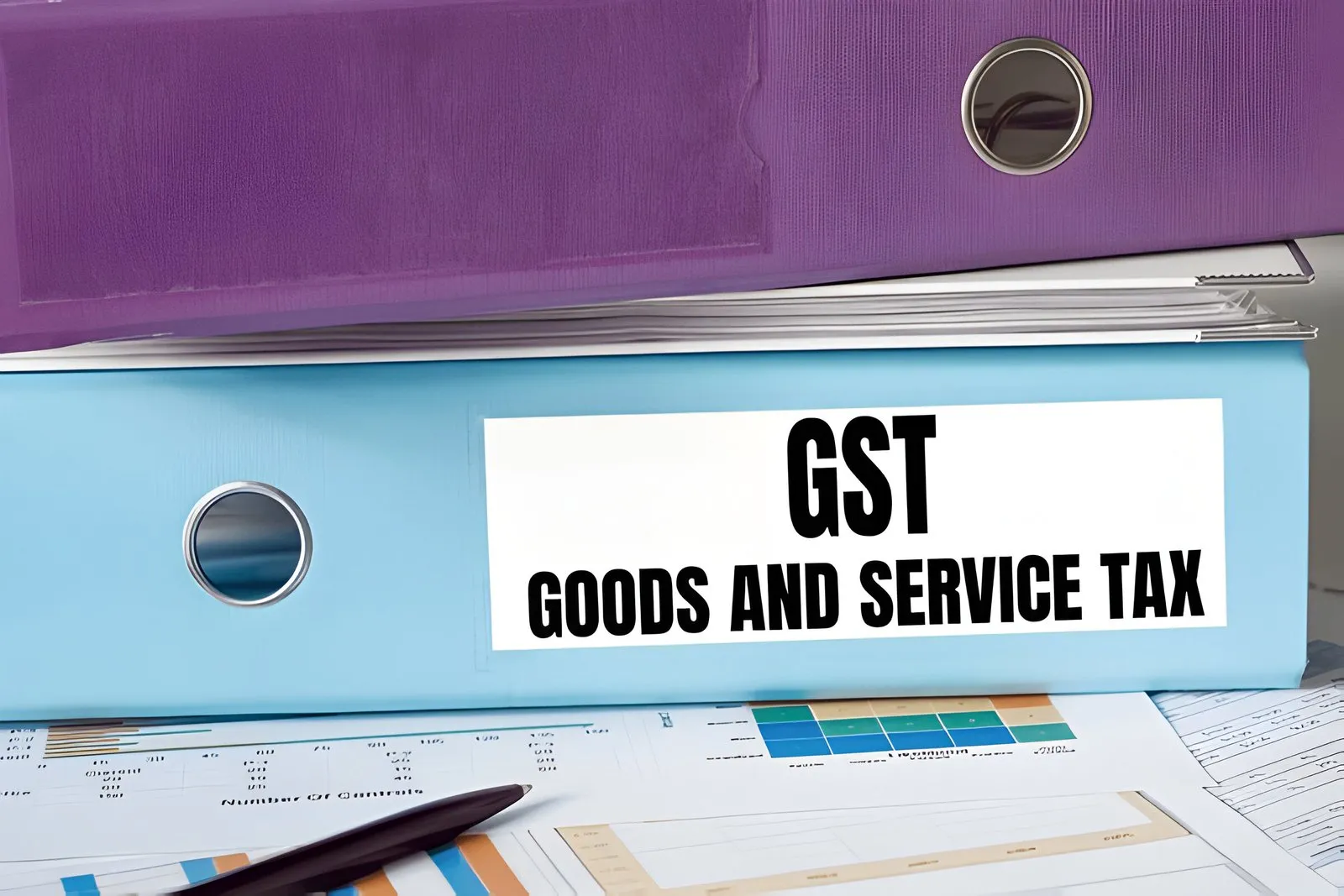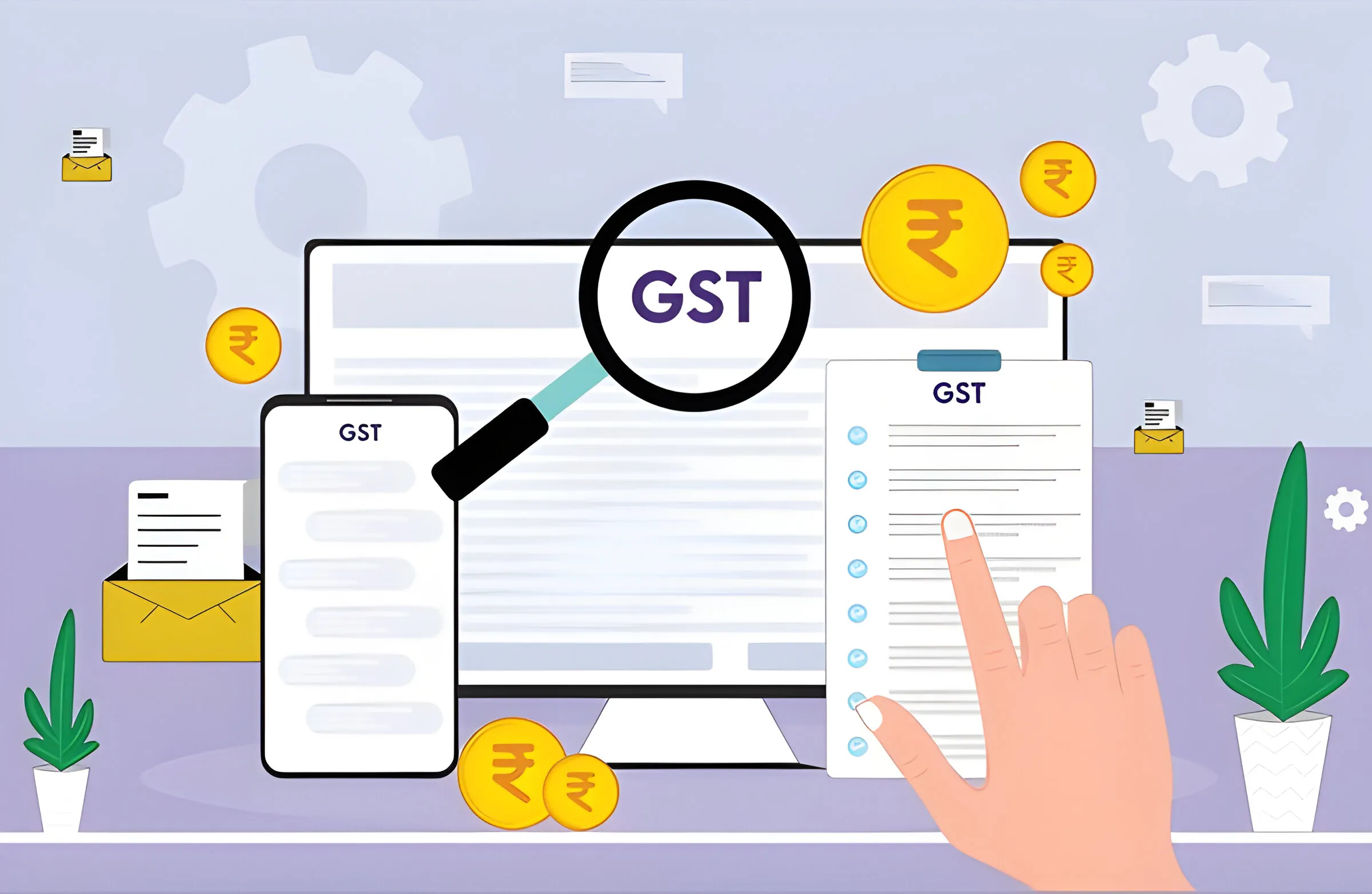Shah & Doshi is a highly regarded team of GST registration consultants in Mumbai offering complete end-to-end GST services from new registration to ongoing compliance and advisory. With more than 10 years of experience and over 1,000 registrations, our team of chartered accountants is dedicated to quick, accurate, and completely compliant GSTIN procurements within a target of 5–10 working days.
Mumbai’s go-to GST Experts for businesses of all sizes.
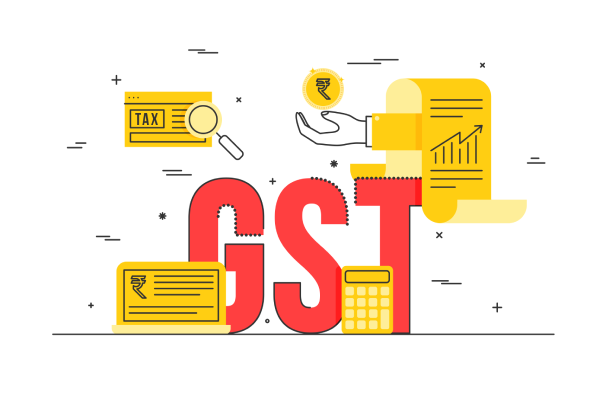
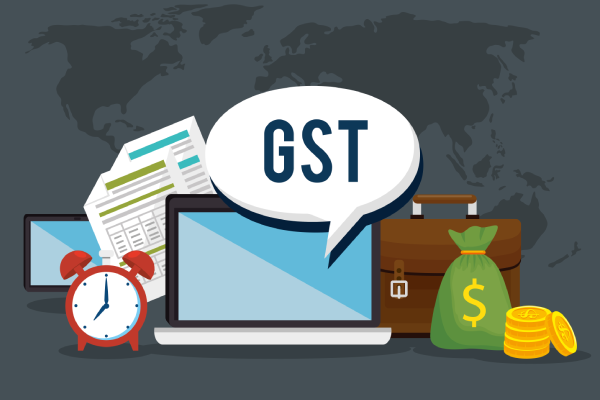
Expert consultants for GST in Mumbai for Full Composition
As GST experts in Mumbai, we help businesses simplify the complexities of GST and provide a trusted, dependable and expert service.
- New business GST registration
- Voluntary registration for small businesses
- Registration for composition scheme
- Registration of casual taxable person
GST Registration & GSTIN
- Rapid GSTIN Registration – 5–10 working days
- Accurate Documentation – Expert creation and verification
- Compliance Assurance – 100% guarantee and zero penalty
- Ongoing support – Monthly GST filing and advice
- Transparent Pricing – All fees fully explained and no hidden costs
Filing Services for GST Returns
- Filing GSTR-1 (Outward supplies)
- Filing GSTR-3B (Summary return)
- Preparation of GSTR-9 (Annual return)
- Input Tax Credit reconciliation – Understand about ITC aunder GST
GST Compliance & Advisory Services
- GST audit support
- Management of notices and representation summaries
- Tax liability planning
- Assisting with refund claims
Explore related service: GST Filing Services
GST Registration Process Through Best Consulting Company in Mumbai
We follow a structured method to provide a seamless registration experience that is simple and accurate.
-
Step 1: Documentation Check (1 day)
We review your documentation and qualifications and prepare a complete list of documents required for your application.
-
Step 2: Filing Application Online (1-2 days)
We fill out a GST REG-01 form on the official GST portal and submit all the necessary supporting documents.
-
Step 3: Review Application with Government (3-7 days)
Our team will monitor the application status with the GST department and will respond quickly to any queries with the GST department.
-
Step 4: Deliver the GSTIN Certificate (Same day)
When the GST department approves your application, you’ll receive the GSTIN certificate and a full handbook for post registration compliance.
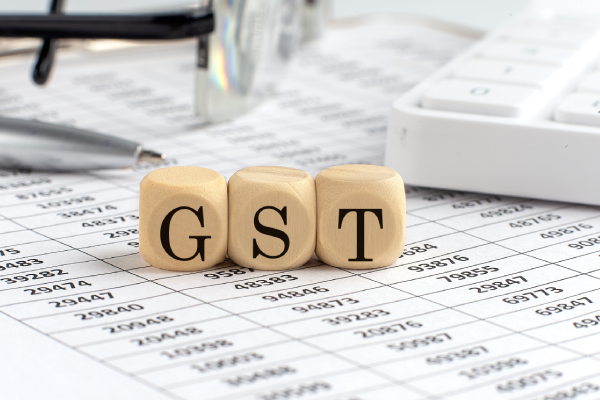
Documents Required for GST Registration
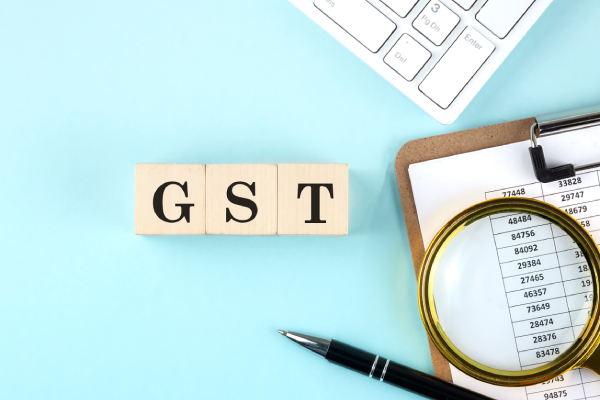
For all types of business
- PAN Card of business/proprietor
- Registration certificate of business
- Identity and address proof of authorized signatory
- Bank A/c Statement
- Rental Agreement or ownership proof
Additional if required (if needed)
- Partnership deed (for partnerships)
- MOA & AOA (for companies)
- Authority letter for representatives
Cost of GST Registration in Mumbai
| Service Component | Cost Range | Timeline |
|---|---|---|
| Professional Charges | Starting from ₹2,500 | Immediate |
| Government Fees | ₹0 (for turnover < ₹1.5 cr) | N/A |
| Total Processing Time | — | 5–10 days |
Fees vary based on business structure and documentation.
Why Use Our GST Registration Consultants?
- Based in Mumbai: Excellent understanding of Maharashtra GST
- Impressive Performance: More than 1000 successful GST registrations
- Team Qualified by CA: Run by skilled chartered accountants
- Quicker Processing: GSTIN allotted within 5–10 working days
- Honest Pricing: No hidden fees, no shocks, complete cost is transparent upfront.
- Support After GST Registration: Comprehensive GST advisory
- Precisely: 100% accuracy in filings; no penalties have ever occurred.
Benefits of Working with a GST Consultant
Employing a knowledgeable expert will guarantee that your registration and compliance process will be hassle-free, quick, and without mistakes.
Key benefits include:
- Not face the risk of fines and rejected applications
- Rescue your time and money precious resources
- Be on the right side of the law and prepared for audits
- Have access to advice and guidance on your GST concerns even after we part
For more information, read our article on why your business needs a consultant for GST registration.
Expert advice on GST registration specific to the field of an industry.
Startups and small businesses
- Guidance on voluntary registration
- Benefit from input tax credits
- Composition scheme qualifications
E-Commerce Businesses
- Multi-state GST registrations
- Assistance with TCS compliance
- Seller marketplace registration
Manufacturing Sector
- Input tax credit maximization
- Advantages of export and inter-state supply
Post-Registration Compliance Services
Our GST consultants in Mumbai continue to support your business with:
- Monthly GST return filing (GSTR-1 & GSTR-3B)
- Annual reconciliation (GSTR-9)
- Input Tax Credit management
- GST audit support
- Notice response and representation
Common GST Registration Mistakes to Avoid
Avoid delays and rejections by steering clear of:
- Incomplete or outdated documentation
- Incorrect business details or codes
- Mismatched bank information
- Improper digital signature use
Our GST registration consultants ensure your application is error-free and compliant from day one.
What Our Client Says
Other Services Offered
Get Your GST Registration Done Today
It really shouldn’t be complicated to launch your business. Our CA-led team based in Mumbai offers the entire GST registration, company registration, and compliance services along with the associated paperwork, enabling the smooth flow of all the processes from the very beginning till the end.
Contact Details:
Phone: +91 9870611654 / +91 9819316484
Email: harshit@shahdoshi.com / ruchi@shahdoshi.com
WhatsApp: Schedule Quick Consultation
Office: Based in Mumbai
What are you waiting for? The sooner you work with Mumbai-based GST consultants, the sooner your registration or compliance process can be completed.
Blogs Related to GST Registration Consultants
GST Registration Online vs Through a Consultant: Which Is Better?
GST registration is mandatory for businesses crossing the threshold limit. Business owners have two main…
Why Your Business Needs a GST Registration Consultant: Key Benefits and Considerations
Post the implementation of Goods and Services Tax, it has become important for businesses to…
Everything That You Should Know About Input Tax Credit (ITC) Under GST
If you own a business dealing with goods and services, you are most likely aware of GST…
Unlock Your Business Success with the Expertise of a GST Consultant!
Navigating the complex landscape of the Goods and Services Tax (GST) requires attention to detail…
FAQ's
GST registration is a process where a taxpayer or a business entity registers himself or the business under GST law. After registration, the taxpayer gets a unique registration number known as GSTIN (the goods and services tax identification number). It is a 15-digit number obtained from the central government after registration. The GST registration process is done to collect tax on behalf of the government. After completing the registration process, the taxpayer can avail of an Input tax credit for the taxes on the taxpayer’s inward supplies. Without GST registration, a person can neither claim any input tax credit nor collect tax from his customers.
Any individual with a CS/ CMA/ CA degree holding a COP (certificate of practice), Retired government officials, graduates, and advocates are eligible to be a GST registration consultant. GSTPs can be appointed as authorized representatives to act on behalf of the taxpayers and represent them before tax authorities. Most organizations looking for GST consultants in Mumbai prefer applicants with bachelor’s degrees in finance, business administration, business tax, or related sectors.
A GST consultant is responsible for checking GST compliance as per the tax laws and reviewing the client’s accounting data. They also create challan and deposit cash into the electronic cash ledger. Some of the essential roles and responsibilities of GST registration consultants are:
- Filling out ITC-04, GSTR 1, CMP-08, GSTR-3B, and other ITC and returns forms.
- Creating applications on DRC-03, LUT, and Advance rulings.
- Viewing credit ledgers, electronic cash, liabilities, and GST notice.
- Preparing application for cancellation/amendment/revocation of cancellation of GST registration.
- Preparing for opting or withdrawing from the composition levy.
The exemption limit for GST consultants in Mumbai, India is Rs. 20 lakhs. There is no modification in the threshold limit of the GST consultants. The limit is increased to 40 lakhs but only for the sale of goods; for GST consultants, the limit continues to be Rs 20 lakh. However, the consultants must register under GST if the estimated value of the services in a financial year surpasses 20 lakhs.
A GST registration consultant offers various services, such as GST filing, online GST registration, and GST compliance. A consultant assists their clients in submitting the documents while obtaining GST registration certificate and takes care of filing registration applications for every place of business the client runs in different states. They also help in the process of identification of goods or services rendered or sold by their client


